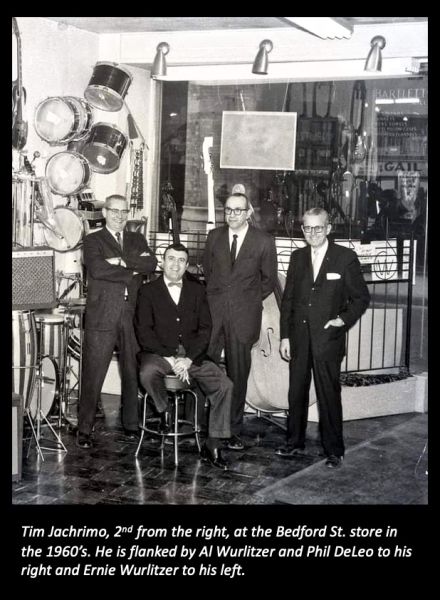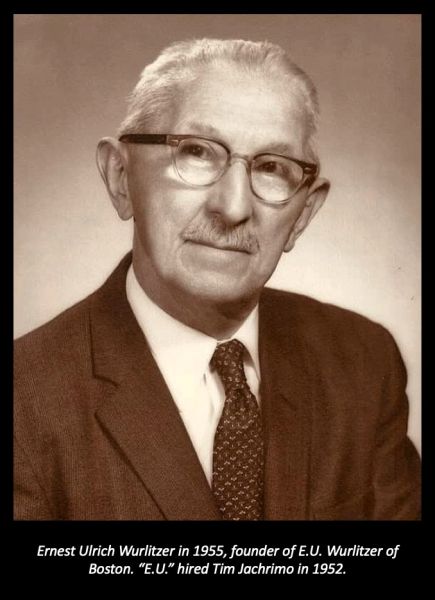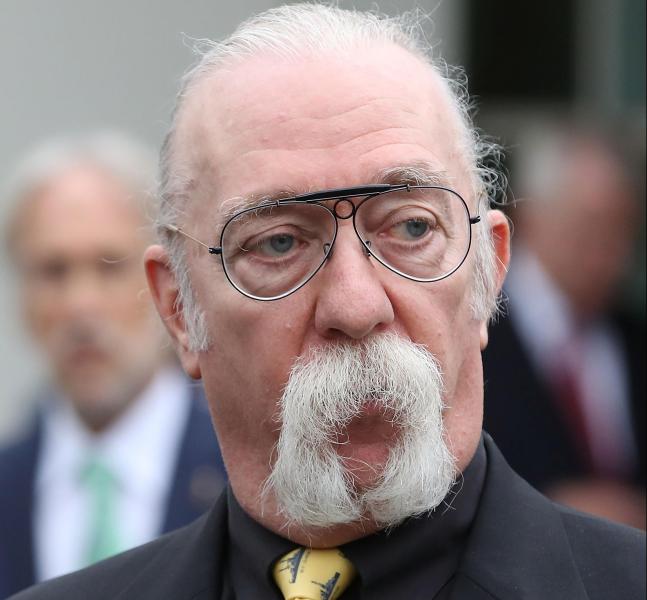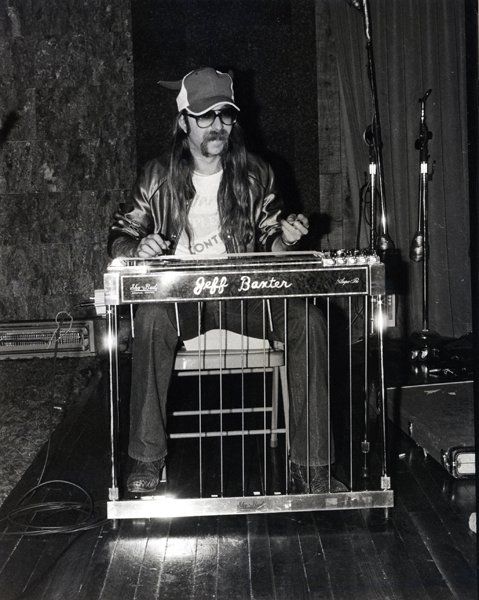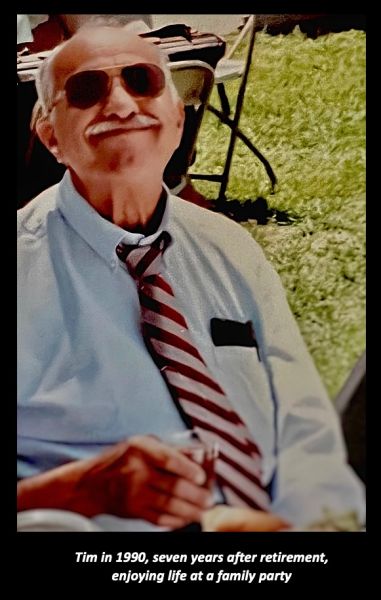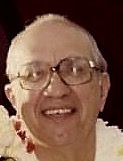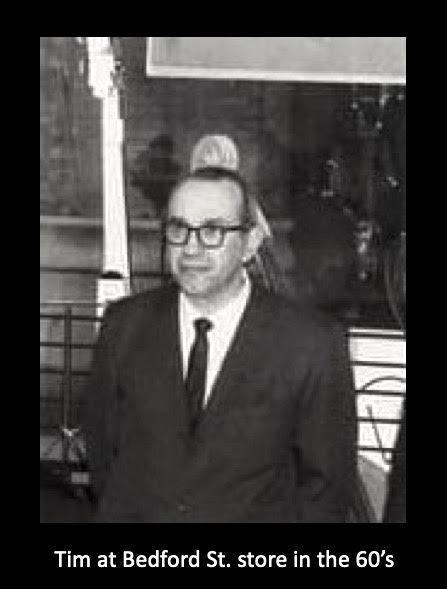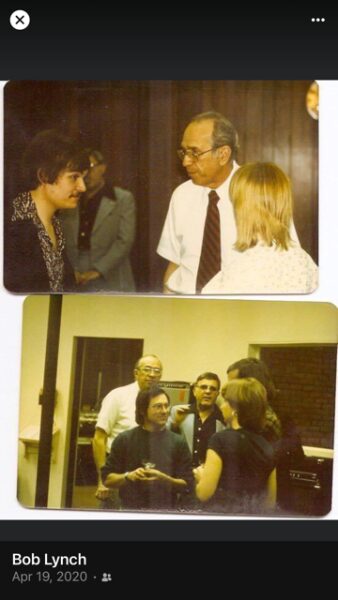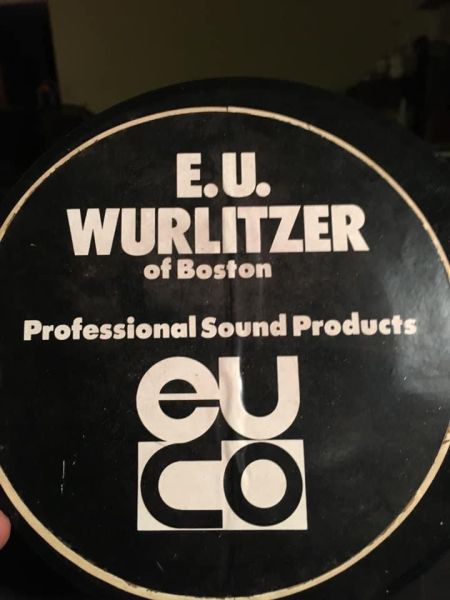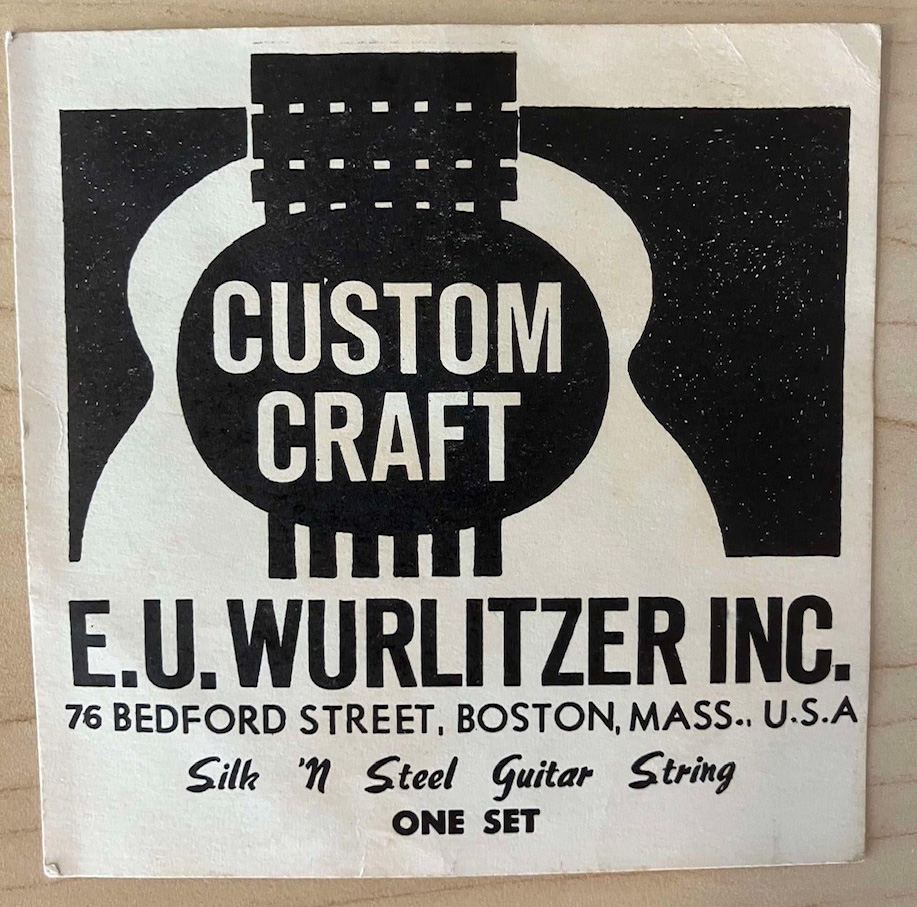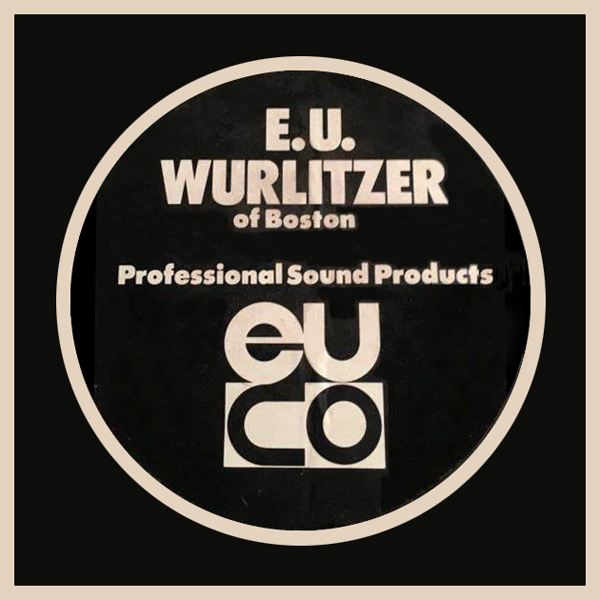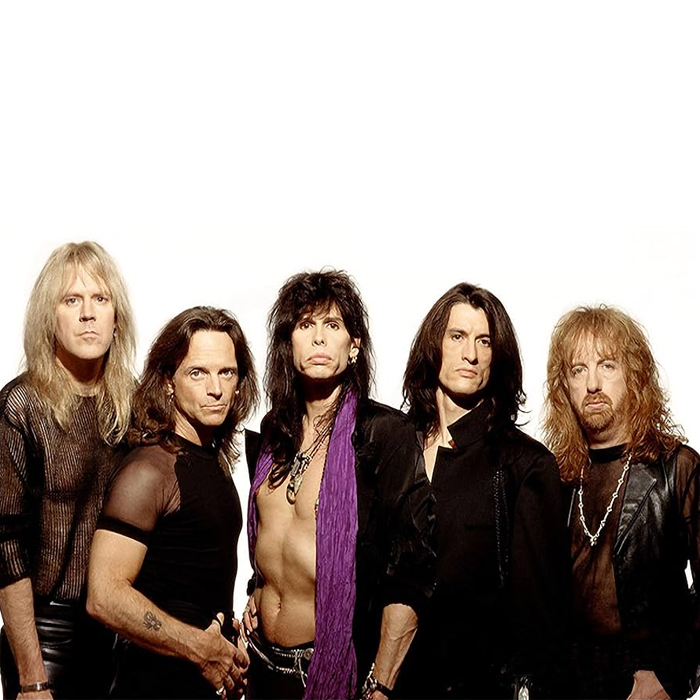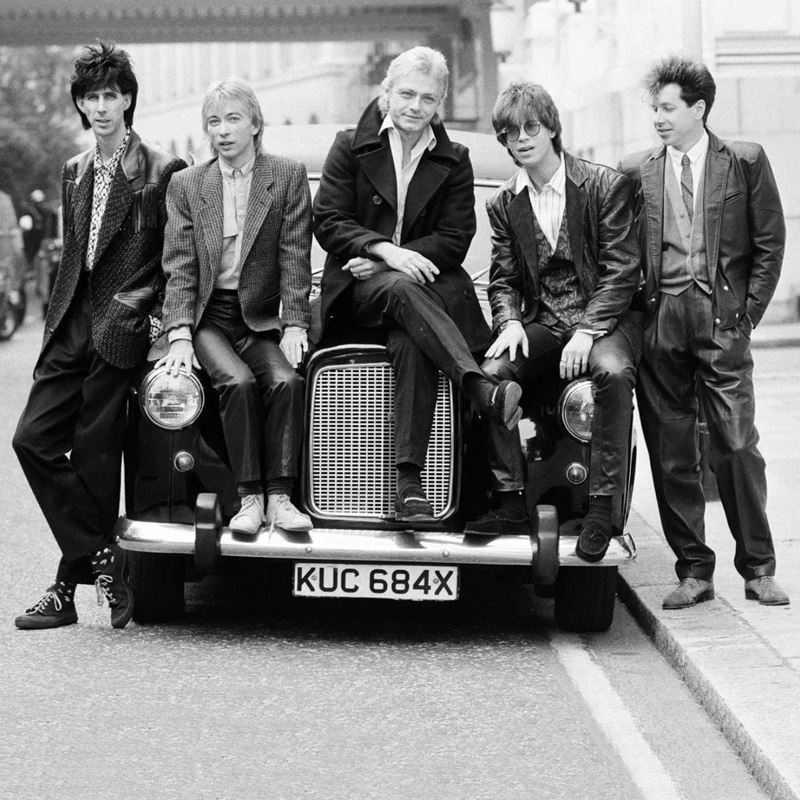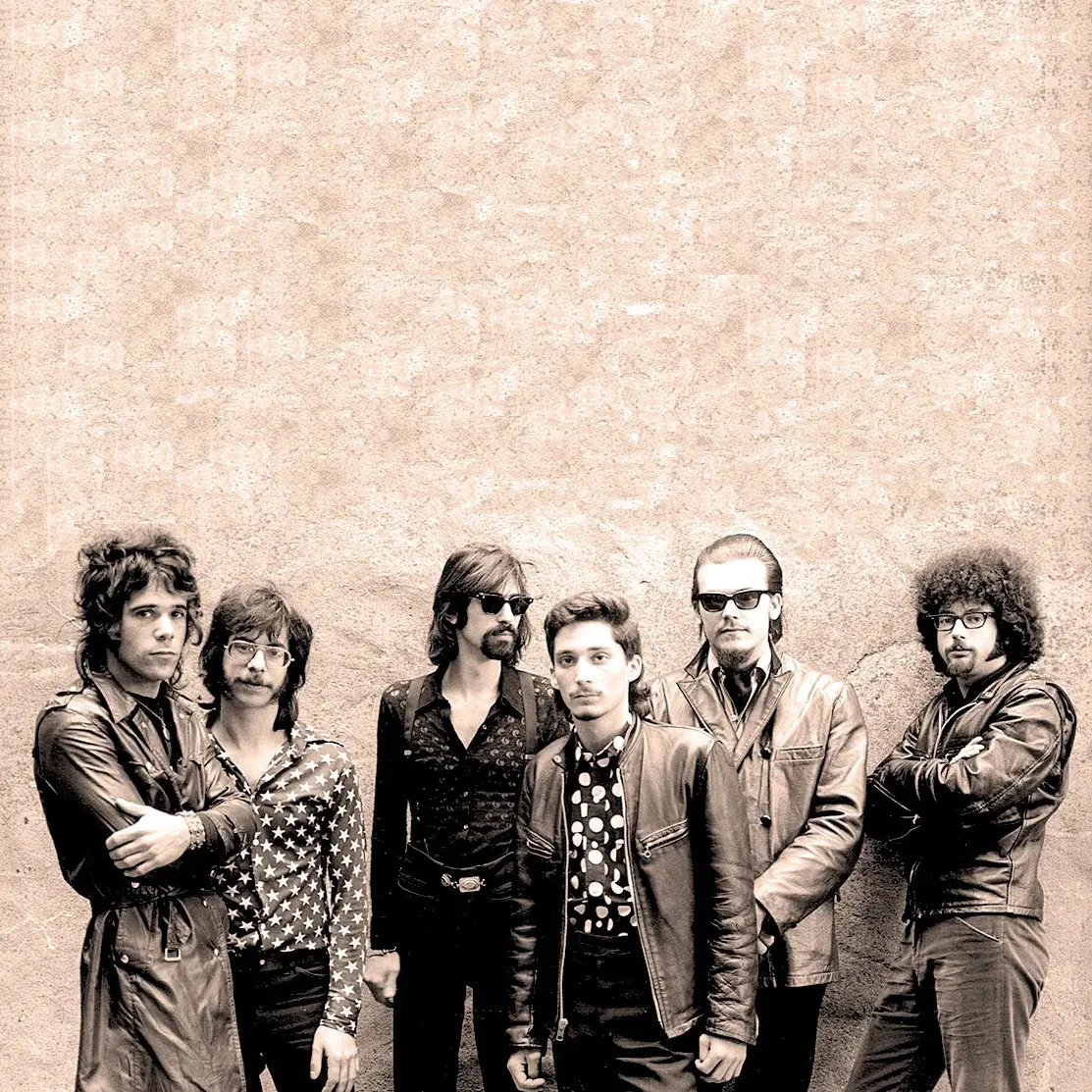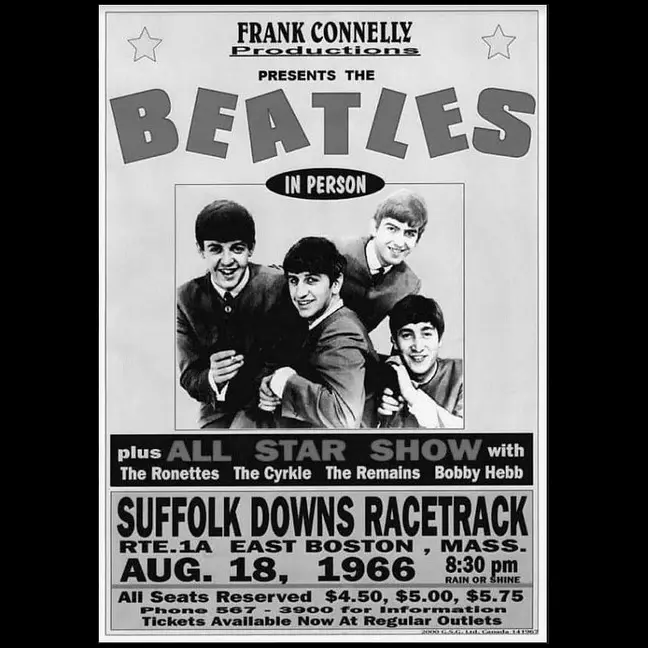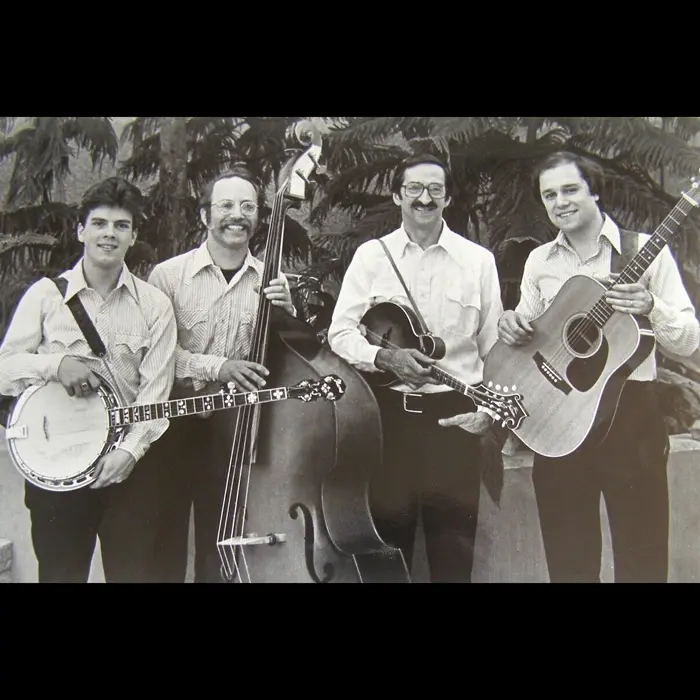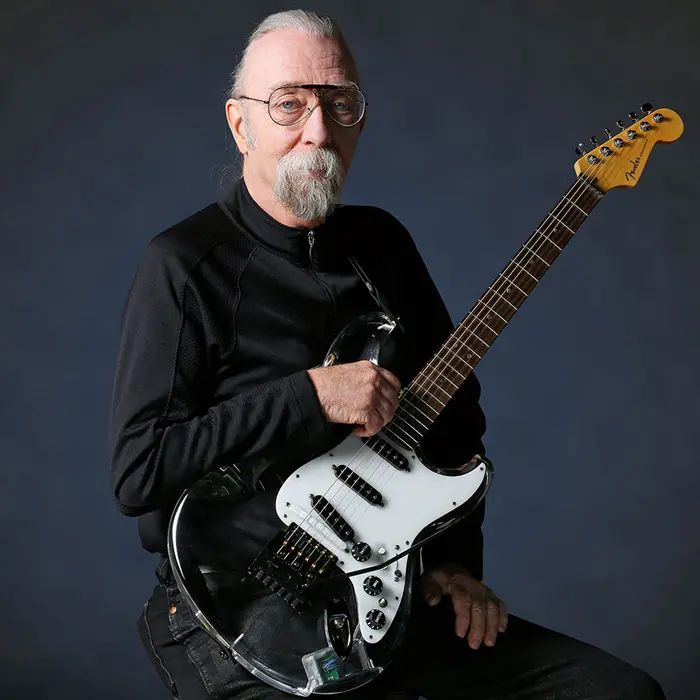Tim Jachrimo
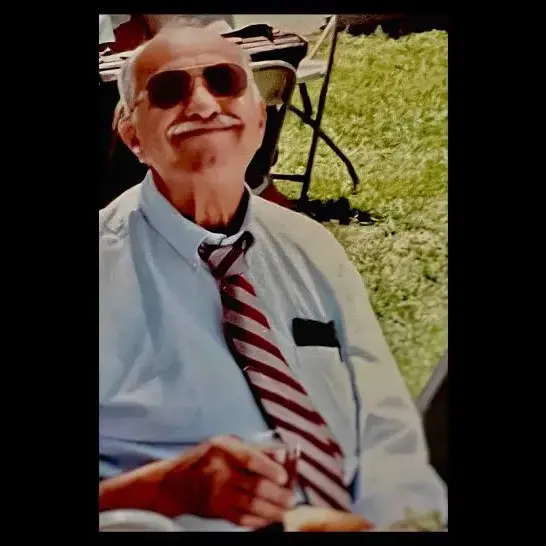
In the 1970s and ‘80s, the Boston music produced the legendary bands like Aerosmith, Boston, The Cars, The J. Geils Band and others, but the seeds of Beantown’s musical revolution were planted in the ‘60s when The Beatles and other British bands inspired hordes of Baby Boomers to join rock ‘n’ roll bands. I mean, there were three bands on my street alone in the summer of ‘69.
During that historical boomtime, musicians in and around Boston could count on a just handful of music stores to provide equipment, service, advice and be a meeting point for like-minded players. And E.U. Wurlitzer of Boston (EUWoB) was king of the hill. The company was founded as an instrument-repair shop, not a retail store, by German immigrant Ernest Ulrich Wurlitzer during the Roaring ‘20s. Prior to that, he’d worked for a Boston-based woodwind/brass instrument maker and developed exceptional repair skills. The high quality of his work endeared E.U. to his professional clientele, many of whom suggested he add instrument sales to his business. After heeding the advice, sales soared even through the challenging decades of the Great Depression and World War II and E.U.’s sons, Al and Ernie, worked in the store as youngsters and spent their entire careers there.
JOINING E.U. WURLITZER, BACKGROUND
In 1952, E.U. hired a sax player named Tim Jachrimo to handle woodwind and brass repair work. Born in 1918 to a Russian family that emigrated to Boston, Jachrimo’s family name was “Jefremow” on his birth certificate but by the time he filled out his draft card in 1940, it had been changed to Jachrimo. When he was hired, he had a bachelor’s in journalism from Suffolk University and was married with two young children. His arrival at EUWoB coincided with the birth of rock ‘n ‘roll, and that sea change presented Tim with an abundance of new opportunities.
Legend has it that Fender’s Eastern US sales representative visited the store one day in the early 1950s to pitch the company’s line of guitars, basses and amplifiers – and E.U. promptly threw him out! The old man had no desire to serve rock ‘n’ roll musicians, but Tim was very interested and wanted to learn more. He chased the rep down the street and convinced him to return later in the afternoon when E.U. would be gone for the day. Not long after the famed incident, EUWoB became a Fender dealer; in later years, it added other brands that were popular with rock musicians, including Ampeg and Vox.
BECOMING E.U. WURLITZER PRESIDENT, RELOCATION, EXPANSION
Tim had absolutely no retail experience when he started at EUWoB, but it didn’t seem to matter because he was naturally gifted at handling customers, employees, suppliers and the operational aspects of the business. A decade-plus after starting out as a repairman, he was promoted to EUWoB president.
In 1970, he oversaw the store’s move to its 360 Newbury Street, a spot that soon became an iconic part of the Boston cityscape. It cannot be emphasized enough what an incredibly bold move that was since the previous location (on Bedford Street) wasn’t much bigger than an MBTA bus and the new store took up over 20,000 square feet out over three floors. The term “superstore” did not exist in 1970, but Tim essentially created one of the very first – perhaps even the first – in the music-products industry.
With the vastly larger space, he not only expanded the store’s assortment and depth of inventory but also built a comprehensive repair operation, far beyond what was found in a typical music store. EUWoB’s repair services covered all categories of instruments and electronics, employed between 15 and 20 repair techs and occupied portions of two floors. Tim understood that an excellent repair department was important to his professional clientele, and in that spirit he spearheaded construction of a large woodworking shop in which EUWoB manufactured speaker cabinets and specialty items such as the EUCO Boston Strangler (predecessor to the Scholz Power Soak). Best-selling models included the JBL 4530 and 4560, Thiele designs and Karlson designs. The woodshop also handled some special projects, including splitting a Hammond organ into two portable modules for a world-famous touring band.
NOTABLE CUSTOMERS, SKUNK BAXTER’S RECOLLECTIONS
Tim always enjoyed getting to know EUWoB’s customers, some of whom went on to achieve significant fame such as J. Geils, Brad Whitford, George Benson and Joe Val. Steely Dan co-founder and former Doobie Brother Jeff “Skunk” Baxter, who essentially launched his career in Boston in the late ‘60s, recalls Tim’s warmth, kindness and generosity very well to this day because of one particular experience he had with the man. “EU Wurlitzer was an iconic music store and held a revered place for musicians in the Boston area, much as Manny’s Music did in New York City,” Baxter said. “And each of those stores had a special person that personified that store. For Manny’s, it was Henry Goldrich. For E.U. Wurlitzer, that person was Tim Jachrimo. Like Henry, Tim maintained a near-constant presence in the store and, although the point of any retail business is to make a profit, he was always very interested in supporting any musician that came in and he built a plethora of personal relationships with musicians. One of them was me.
“I first met Tim when, for me, the go-to place for musical instruments and accessories was EU Wurlitzer and later on, I was repairing and customizing guitars for them. On one occasion, I had gone into the store to bring back some guitars that they had given me to repair. As I walked into the store, I spotted a brand new Emmons D-10 pedal steel guitar sitting on the showroom floor. It was a thing of beauty and I just stood there admiring it for a while. While I was standing there, Tim walked over to me and, without any preliminary conversation, said, ‘I will deduct 10% from the money I pay you for every guitar you work on for me. Take it, it’s yours.’
“Tim did not know that I had been playing steel for a couple of years before and was getting more serious about it. He just read the expression on my face, sensed and understood how much having this instrument would mean to me and, based on his years of experience, his good heart, his trusting nature and his natural desire to do good things, instantly figured out a way to make it happen.
“When I walked out of that store, carrying the pedal steel in its case, I looked back and saw Tim standing in the doorway, giving me the big smile he was always known for, the high sign and a friendly wave. There are some people who when they come into your life, make a huge difference. Tim was one of those special people and I will always remember him for his kindness, his friendship and, most of all, him standing in that doorway. That is an image I will carry with me for the rest of my life. Godspeed, Tim.”
BUSINESS STRATEGY, ADVERTISING, RELATIONSHIP BUILDING
Tim had a genuine knack for business strategy, one good example being his philosophy about advertising, which was to spend virtually nothing on it, ever. Instead, he used the promotional budget to buy innovative new products that other dealers usually deemed too risky, such as synthesizers and multi-track recorders (which have been industry standards for decades now, but were very cutting-edge in the ‘60s and into the early ‘70s). Tim believed that having the “coolest” new products on display at all times was the store’s best advertising.
He was also good at building relationships with his suppliers and, though he was a tough negotiator by necessity, he was known for treating manufacturer reps with remarkable respect. Tim loved to tell stories and chit chat, so a sales call with him could eat up hours of a rep’s time, but they knew it was worth the effort in order to build trust and understanding. It also built loyalty, which paid off every time a rep had to allocate a hot new product in short supply; EUWoB would almost always be the first to receive them.
“THE BETTER WAY,” RETIREMENT, DEATH
Tim was truly a unique personality and his employees nicknamed him “the better way” because he was a perfectionist who constantly strove for better ways to do things. He loved to smoke cigars, which could complicate an employee coaching session due to the risk of asphyxiation. Many of the folks who worked for him fondly remember the variety of quirky, talented people he hired and the family atmosphere he nurtured.
Tim retired from EUWoB in 1983 and I visited him and Alice, his wife, at their home in the Maine woods a decade later. He’d installed a huge satellite dish next to the house in order to pick up broadcasts from every corner of the world, and told me that his biggest regret was he wouldn’t be around to see the many extraordinary changes the future was bound to bring. He passed away on April 15, 2007, just two and a half months before Apple launched the iPhone. He was 88.
(by Gene Joly)

